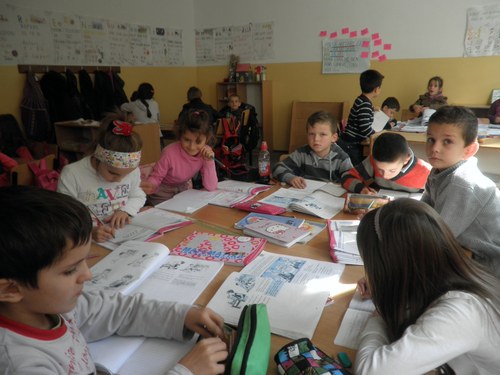RESEARCH PROJECTS

The project aims at the implementation of a university course for teachers to acquire skills that could facilitate the processes of inclusion of students with disabilities. Scholastic inclusion is necessarily linked to teacher training, which must acquire new skills and innovative teaching practices and / or reformulate, in an unprecedented perspective, the perception of one's way of teaching in the class group; it is inevitable, however, that this will rekindle new reflections, both on the cultural and educational levels, aimed at giving greater significance and new stimuli to the protection of learning rights for all pupils and, in a broader perspective, to the protection of the rights of all citizens to feel "active part" of the nation itself.
Save the Children, leader of the project, has allowed a joint work between the Faculty of Education of the University of Prishtina and the Department of Educational Sciences of the University of Bologna, with the aim of achieving these objectives:
The project allowed to draw up a first draft of the «Inclusive Education Program» for the Master level. On a strictly pedagogical plan, the accompanying and co-constructing action of the program was started by sharing, with the colleagues of the Prishtina University, the central nodes closely linked to the pedagogical-inclusive perspective and then allowing the drafting of the profile of a hypothetical "inclusive teacher". This profile was gradually defined during the missions to Prishtina, in the two years of work, highlighting the theoretical and practical skills that, in the context of teaching for inclusion, were to be considered indispensable.
The photos are taken in a primary school on the outskirts of Pristina (Kosovo). This is a class with pupils aged 8 to 16 years. In addition to "regular" students, there are:
Coordinator:
Partner: